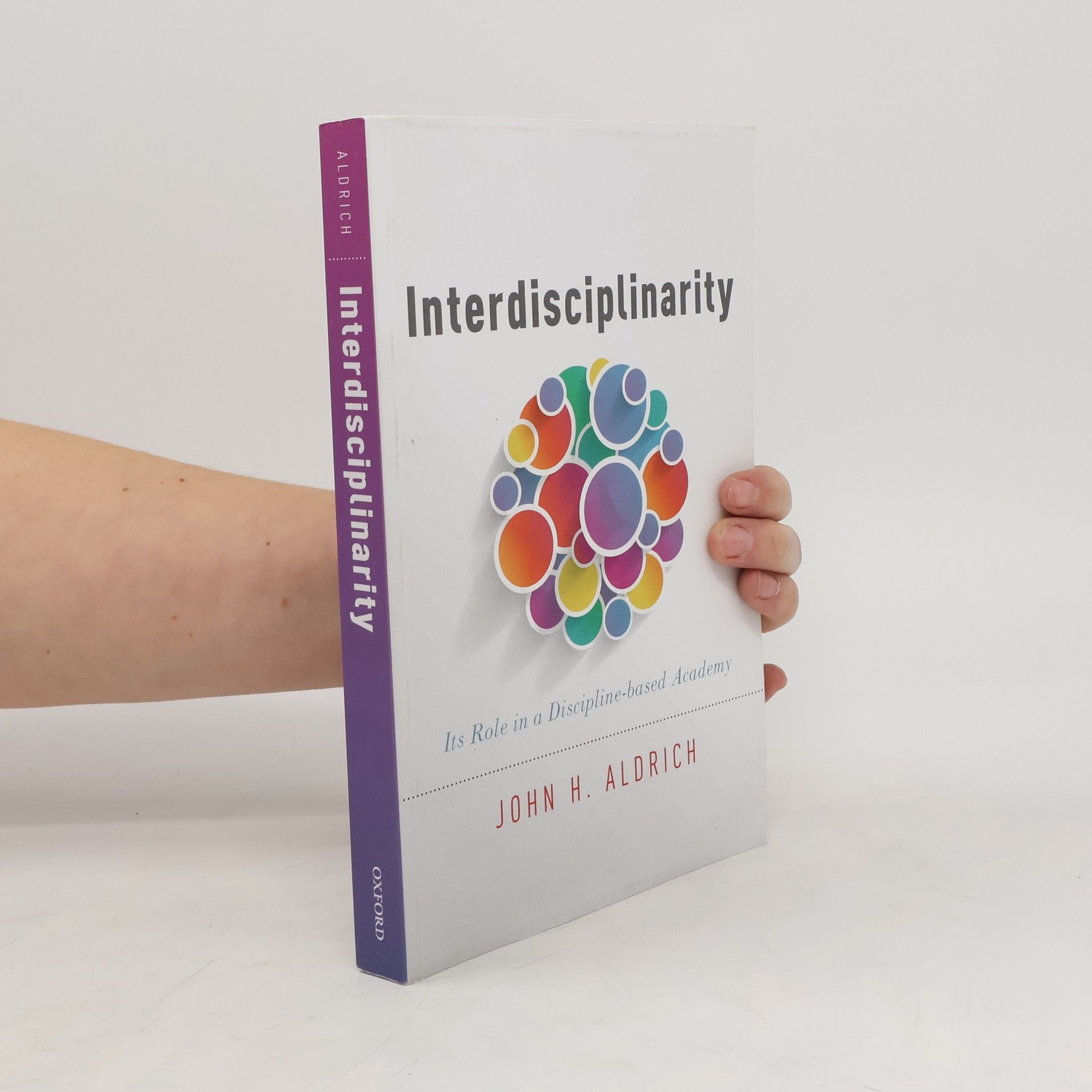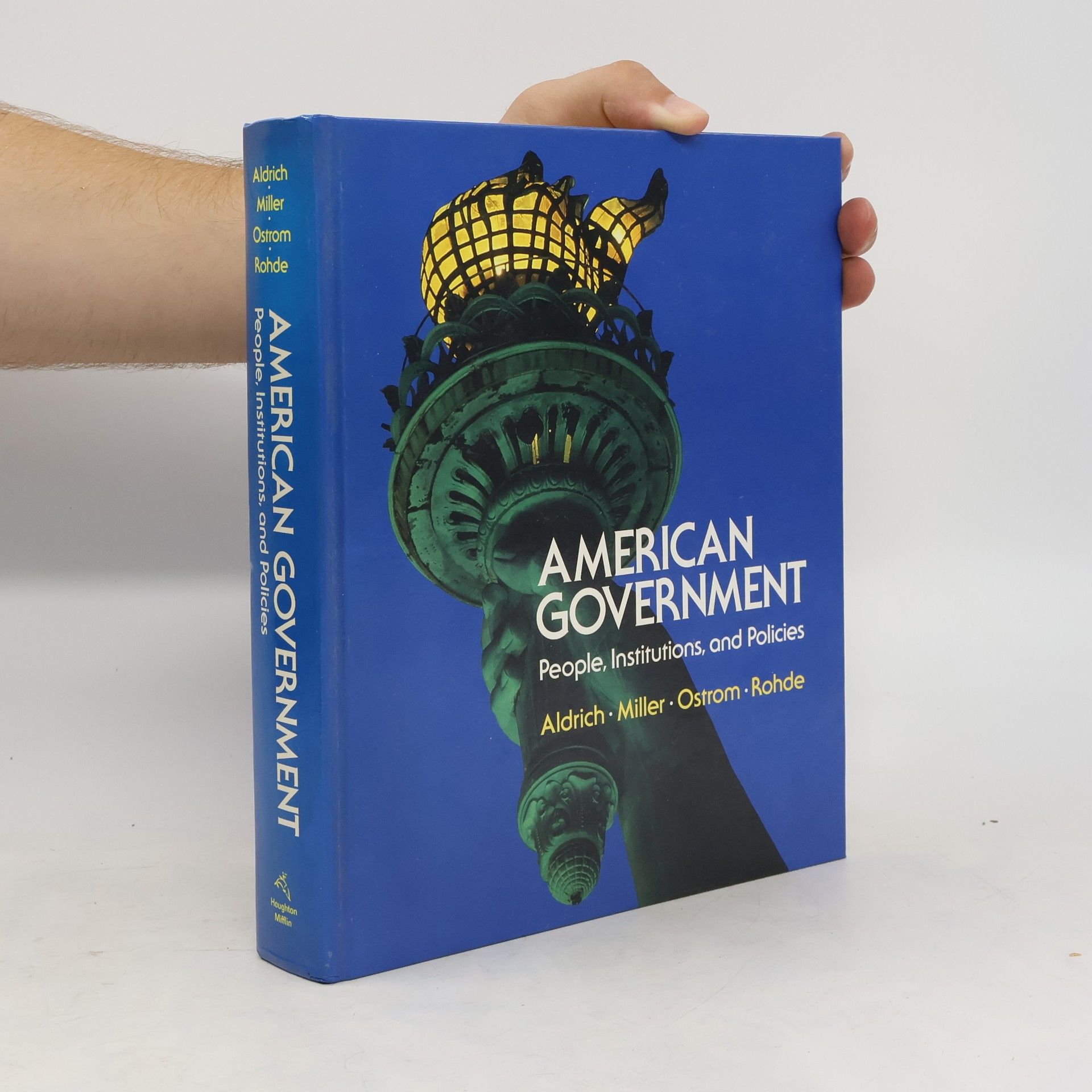Surveying critical episodes in the development of American political parties, this book shows how they address three fundamental problems of democracy: how to regulate the number of people seeking public office, how to mobilize voters, and how to achieve and maintain the majorities needed to accomplish goals once in office.
John H. Aldrich Knihy




American Government
People, institutions, and policies
INTRODUCE YOUR STUDENTS TO THE INSTITUTIONS, PROCESSES, AND POLITICS OF GOVERNMENT Formerly published by National Textbook Company this comprehensive program relates the study of government to the history and dominant leaders of our nation.
Interdisciplinarity
- 320 stránek
- 12 hodin čtení
Examines the contemporary academy by connecting its discipline-based structure with its burgeoning interdisciplinary focus.
Why Parties Matter
- 304 stránek
- 11 hodin čtení
Since the founding of the American Republic, the North and South have followed remarkably different paths of political development. Among the factors that have led to their divergence throughout much of history are differences in the levels of competition among the political parties. While the North has generally enjoyed a well-defined two-party system, the South has tended to have only weakly developed political parties—and at times no system of parties to speak of. With Why Parties Matter, John H. Aldrich and John D. Griffin make a compelling case that competition between political parties is an essential component of a democracy that is responsive to its citizens and thus able to address their concerns. Tracing the history of the parties through four eras—the Democratic-Whig party era that preceded the Civil War; the post-Reconstruction period; the Jim Crow era, when competition between the parties virtually disappeared; and the modern era—Aldrich and Griffin show how and when competition emerged between the parties and the conditions under which it succeeded and failed. In the modern era, as party competition in the South has come to be widely regarded as matching that of the North, the authors conclude by exploring the question of whether the South is poised to become a one-party system once again with the Republican party now dominant.